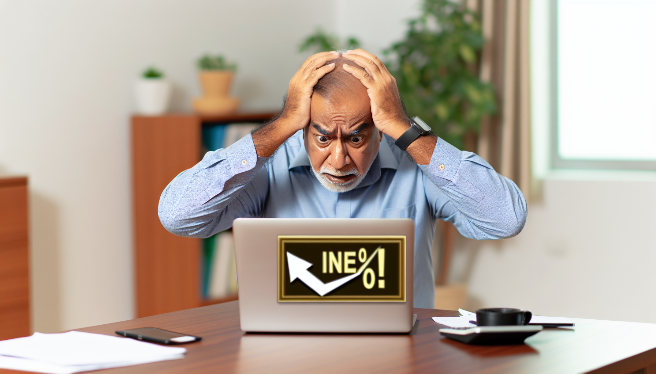Understanding the Basics of How Bad Credit Interferes with Entrepreneurship
Bad credit isn’t just a personal nuisance; it’s a substantial barrier when you’re trying to start or grow your own business. “Credit score” is a term that gets banded about like it’s something everyone should inherently understand, but let’s lay down the basics. Credit scores range from 300 to 850, and this number acts like a financial report card giving lenders a quick signal of your creditworthiness. Now, as an entrepreneur, you’ll often need to borrow money for things like inventory, marketing, or even office space, and that’s where your credit score comes into play. A lower score can mean higher interest rates or outright rejections when you apply for business loans or credit lines.
However, your credit score doesn’t only affect your loan eligibility; it can also impact your business relationships. Suppliers and vendors may look at your credit score before deciding whether to extend credit or what terms to offer you. Having bad credit might also mean you’ll have to pay security deposits on utilities or negotiate shorter payment terms—challenges that can place extra strain on cash flow.
Key Benefits of Engaging with How Bad Credit Interferes with Entrepreneurship
Engaging with this issue is crucial because understanding the impact of bad credit can embolden you to take proactive steps. By getting to grips with it, you have a chance to build your credit score before it becomes a blockade to your business dreams. Moreover, knowledge is power; with it comes the ability to develop strategies to mitigate the limitations imposed by a bad credit history.
From negotiating better terms with suppliers to finding alternative financing options—like crowdfunding, angel investors, or venture capital—you expand the toolkit available to solve funding challenges. Plus, actively improving your credit can open doors to more competitive business services, insure you against future financial mishaps, and portray you as a reliable partner to do business with.
Common Challenges and Solutions for How Bad Credit Interferes with Entrepreneurship
So, you’ve got bad credit, and it’s screwing with your entrepreneurial ambitions. It’s a common enough story, but it’s not the end of the road. One significant challenge is overcoming lender skepticism. Lenders are naturally cautious about loaning funds to individuals with blemishes on their credit reports. But there are solutions. For instance, crafting a persuasive business plan can demonstrate that you have a clear vision and a viable path to profitability, which can reassure lenders.
Another solution is to consider a secured business credit card or loan that requires collateral. This reduces the risk for lenders and can help you build your credit score. You can also think about bringing on a business partner with better credit. This could improve your chances of getting approved for funding.
Advanced Strategies in How Bad Credit Interferes with Entrepreneurship Exploration
Diving deep, you can employ advanced tactics to navigate the choppy waters of entrepreneurship with bad credit. It’s all about leverage and knowing where to look. For example, some government programs and nonprofit organizations offer grants and funding to entrepreneurs, especially those in underrepresented demographics or industries. These sources typically don’t require a credit check and can provide you with much-needed capital to get your business off the ground.
You can also lean into networking. Establishing strong connections in the industry can lead to partnerships or mentorship opportunities where credit is less of a concern. Moreover, sophisticated credit-building programs are designed specifically for entrepreneurs, offering advice and structured plans to improve credit scores methodically over time.
Future Trends and Predictions for How Bad Credit Interferes with Entrepreneurship
The future of entrepreneurship in the context of credit is not set in stone. Predictive analytics and the fintech revolution are chipping away at the traditional credit scoring models. There’s a growing trend towards evaluating creditworthiness using alternative data such as rent payments, utility bills, and even social media activity. This trend could level the playing field for aspiring entrepreneurs with past credit mistakes.
Another development is the rise of peer-to-peer lending and other non-traditional forms of finance. These platforms often take a more holistic approach to assessing a borrower’s financial health, giving those with a less-than-stellar credit score more options.
Lastly, there’s a push for financial literacy and credit education, which could empower the next generation of entrepreneurs with the knowledge to manage their credit proactively. This trend aims to lower the cases of bad credit among business owners and ensure a smoother entrepreneurial journey.
By the end of the day, your credit score is a crucial piece of your business’s financial puzzle. But it’s not the be-all and end-all. With proper understanding, engagement, strategic thinking, and an eye on future trends, even entrepreneurs with less-than-perfect credit can pave their way to success. Keep these insights in your back pocket, and don’t let bad credit deter you from your entrepreneurial spirit.


